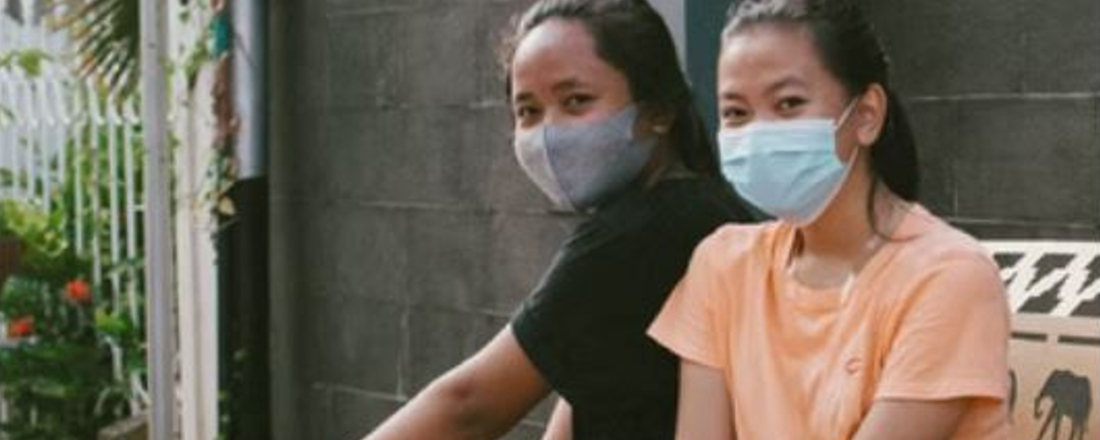
In the News
Fresno Teens Fighting COVID Misinformation in the Latino Community
- Fresno Bee
-
Focus Areas
Communicable Disease Prevention -
Issues
Workforce Development -
Programs
Together Toward Health -
Strategic Initiatives
COVID-19

Nereida Galvez Peñaloza, 17, recalls the worry, stress and fear she felt last spring while she and her mother battled COVID-19 infections. The McLane High School senior says she doesn’t want other immigrant families to go through that experience.
So when she heard about a new program for junior community health workers at school, she immediately applied. She is among seven “promoteritos” — named after promotoras, or adult community health workers — across Fresno who are working to dispel misinformation about COVID-19 and encourage their peers, relatives and neighbors to get vaccinated.
Throughout the pandemic, adult promotoras have provided critical health and educational resources to the Latino community, which has been disproportionately affected by the pandemic. Now, the “promoteritos” are becoming community advocates and harnessing technology and social media platforms like Twitter, Facebook and Tik Tok to encourage vaccinations among younger people, said Genoveva Islas, executive director of Fresno-based nonprofit Cultiva la Salud.
“The youth that have been recruited are largely youth from impacted communities and youth of color,” Islas said. “The biggest advantage in having them is definitely the role that they can play in creating appropriate messages, that they are framing things in the context to how their peers will understand things and that they can help answer some of those questions and remove some of that apprehension.”
Cultiva la Salud launched an adult-based promotora program earlier in the pandemic so trusted community members could provide accurate COVID-19 information and education to the Latino community. The “promoterito” program, launched in July, is modeled off that initiative. It’s a joint effort created by several Fresno-based community organizations including Cultiva la Salud, The Fresno COVID-19 Equity Project and the Immigrant Refugee Coalition.
Vaccine uptake among eligible youth across Fresno county continues to be lower than other groups, she added. As of Thursday, about 43% of children between the ages of 12 and 17 countywide were fully vaccinated, while just over half have received at least one shot, according to the California Department of Public Health.
Promotoras play an important role in bringing critical health information to the Latino community. Community-based organizations have long relied on promotoras to communicate vital health information in a culturally competent and effective way to Spanish-speaking communities. The pandemic kicked those efforts into high gear, as COVID-19 disproportionately hit communities of color, leaving socio-economic, mental health and academic challenges in its wake.
The promotora model is effective because the community health workers look like the communities they serve and become trusted messengers, said Susan Watson, director for the COVID-19 equity initiative Together Toward Health.
Now that youth are eligible for the vaccine, the junior community health workers can “lead by example” by getting vaccinated and sharing accurate information in a way that their peers and relatives can understand and identify with, she said. In fact, she said, they might be able to reach more community members than adults, and do so in a variety of ways.

When you do work with young people and you give them the ability to be creative and lead, they often come up with things that as adults we don’t think of. With training and support, there’s so much that they’re capable of.Susan Watson, Together Toward Health
Click below to read the full story in the Fresno Bee.
Originally published by Fresno Bee
More Updates
Work With Us
You change the world. We do the rest. Explore fiscal sponsorship at PHI.
Support Us
Together, we can accelerate our response to public health’s most critical issues.
Find Employment
Begin your career at the Public Health Institute.



